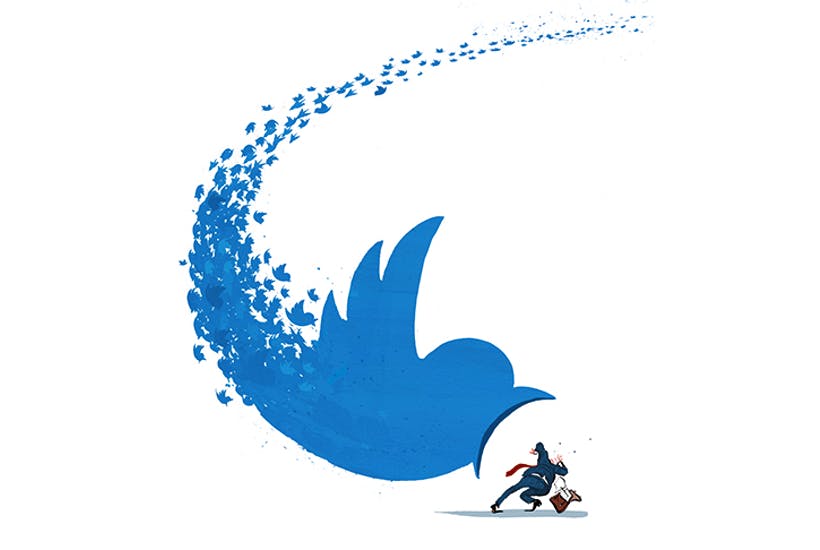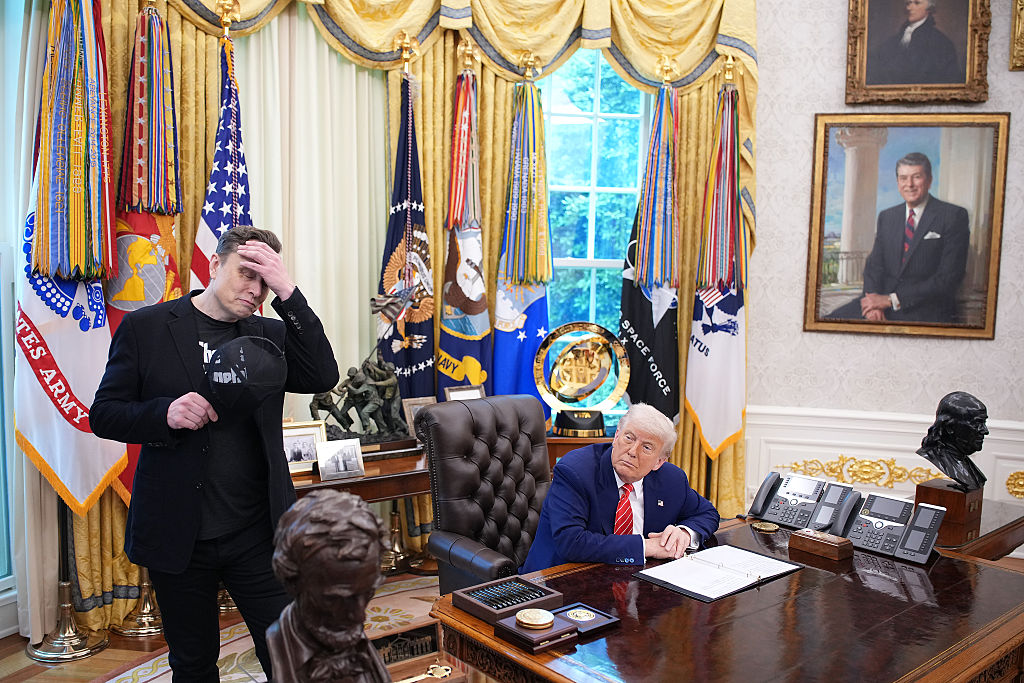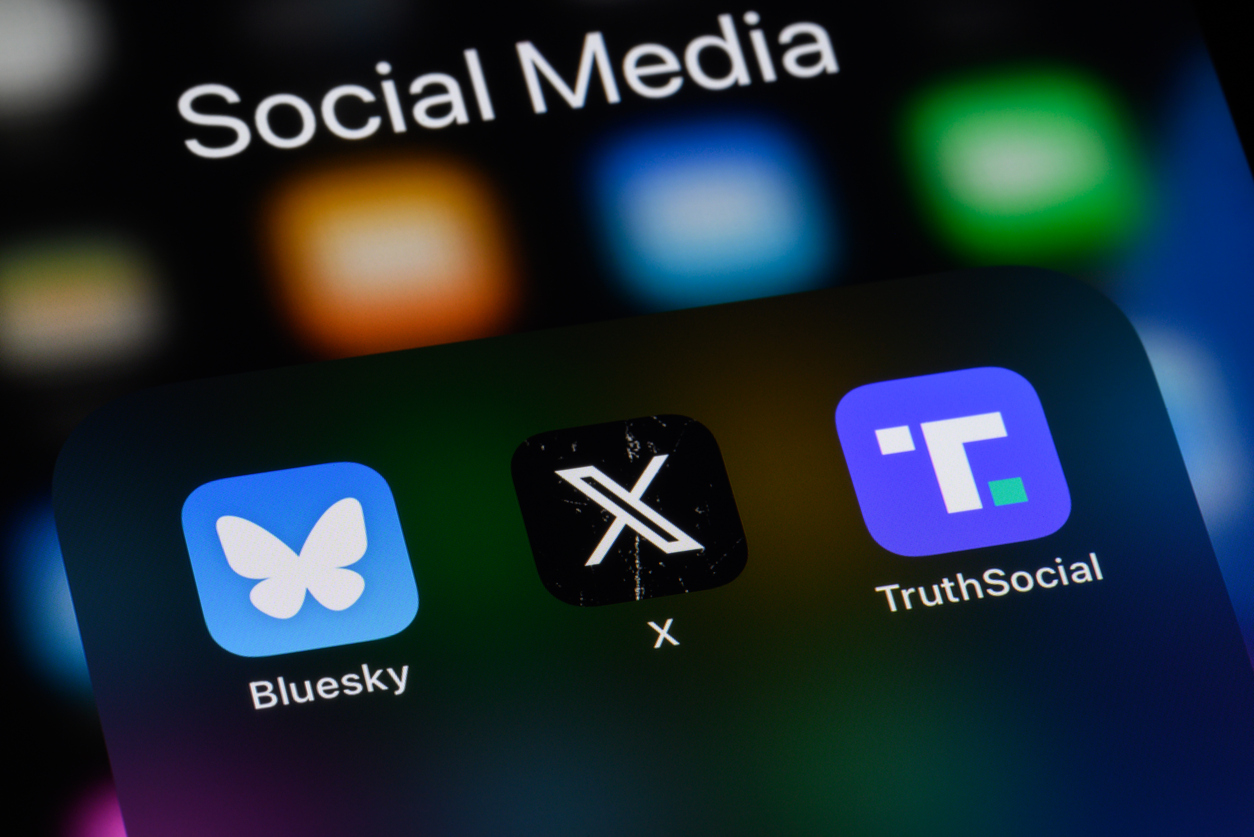Could Threads kill Twitter? Tens of millions have signed up to Meta’s rival app since it was launched this week. Its early success has led to renewed predictions of Twitter’s imminent doom.
When Elon Musk fired half Twitter’s staff and pronounced himself Chief Twit back in November, the scoffing was endless — and has continued ever since.
“It’s been an unmitigated disaster,” wrote Farhad Manjoo in the New York Times, back in April. “The speed and totality with which he’s (Musk) ruined the site have been almost impressive,” before falling back on mystical definitions: “Cultural relevance is difficult to quantify, but you know it when you feel it. And now… Twitter rarely feels like the place where everyone is gathering to watch.”
“Twitter is in a death spiral which gets more difficult to escape with each passing day,” wrote James Ball in the New European this week. “It is much easier to run an influence operation to push false narratives or intervene in an election than it used to be,” he added.
Yet predictions of the death of Twitter are as old as the platform itself. In 2010, the mighty Google launched Buzz. For two frothy weeks, a few people spent all their time Buzzing each other, before they buzzed off. As tech’s political axis shifted, it was Gab that became the first “true free speech” jailbreak in 2016. Now, it’s a true hellsite, populated by hardcore fundamentalist Christians.
At the height of the backlash against Donald Trump in the mid-2020s Parler briefly became a thing. It was last seen being “bought” by Kanye West. At some point — it’s no longer clear when — another lost tribe of Republicans migrated to Gettr. Even Trump himself ginned up the hopeless Truth Social.
On the other side, plenty of herbivorous liberals have fixed their bios with “find me on Mastodon.” But this site is far too clunky and tepid to compete with Twitter. The same isn’t true of Threads: its user interface is genuinely good. It is clean and bright and it recaptures some of the luster that tech used to give us. The age when unboxing a new iPhone felt like meeting an alien god-consciousness.
A new social media platform comes with that terra nullis feeling. But, sure as night follows day, that feeling fades
Perhaps, as a result, in the breathless past few days, Threads has filled up with glee. Yippee! The curse of Musk is lifted! The Threads world’s first wave has been full of content that revolves around people ostentatiously stretching their wings, claiming they’ve never been happier than to be in the hands of a different tech oligarch, who would never try and manipulate them, or flog their data. Here, in the ecosystem that spawned Cambridge Analytica, maybe, finally, world peace is possible? Or — just possibly — it might be the addiction to microblogging itself that’s lumping all that depressive gray gristle into the backs of peoples’ brains, rather than the pros and cons of any particular microblogging platform.
Novelty feels exciting. A new social media platform comes with that terra nullis feeling. But, sure as night follows day, that feeling fades. The spaces that humans make are shaped by human desires, and one thing social media has been good at is holding a mirror to the dank corners of who we are, not the polished coves of who we think we are.
This article was originally published on The Spectator’s UK website.

























